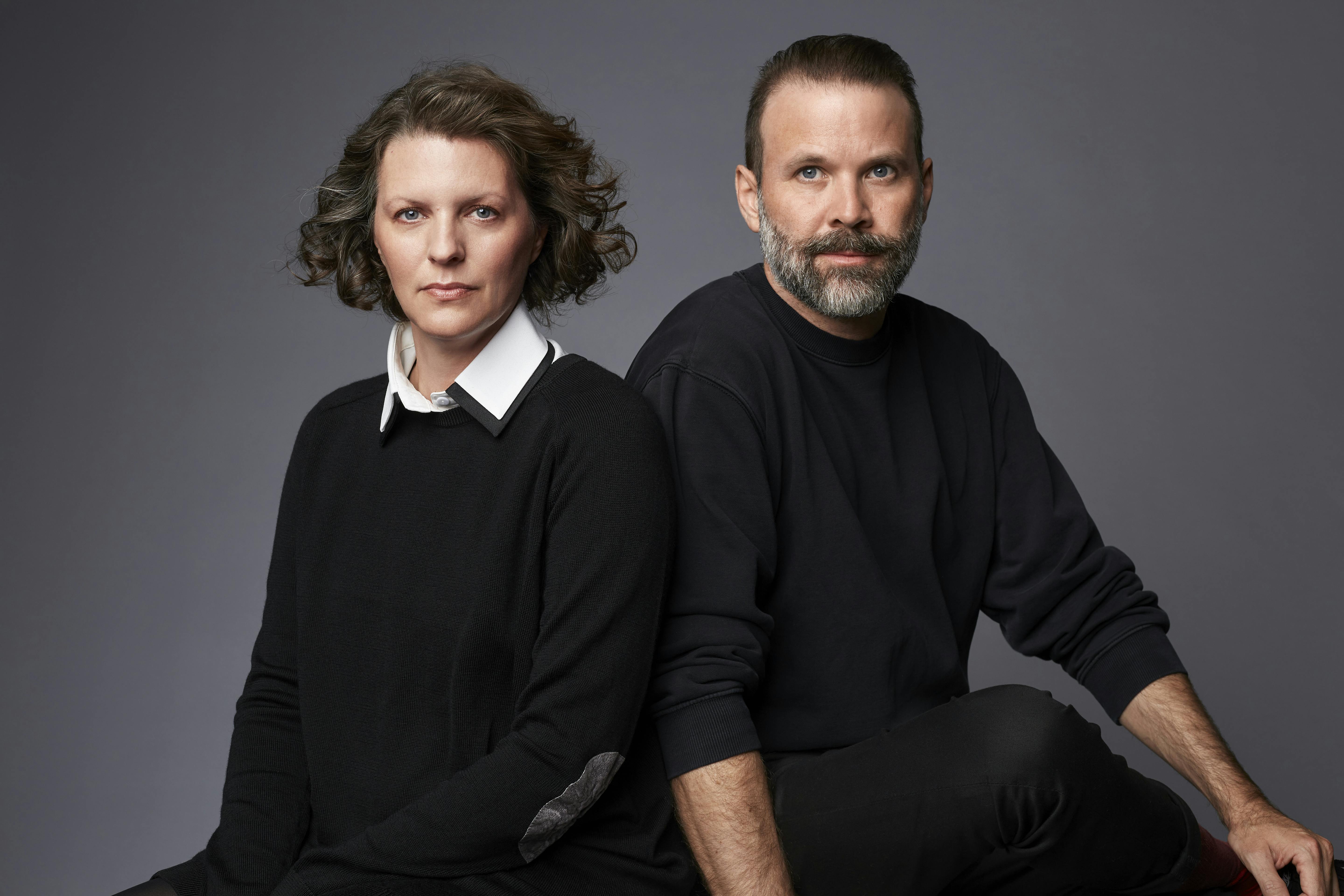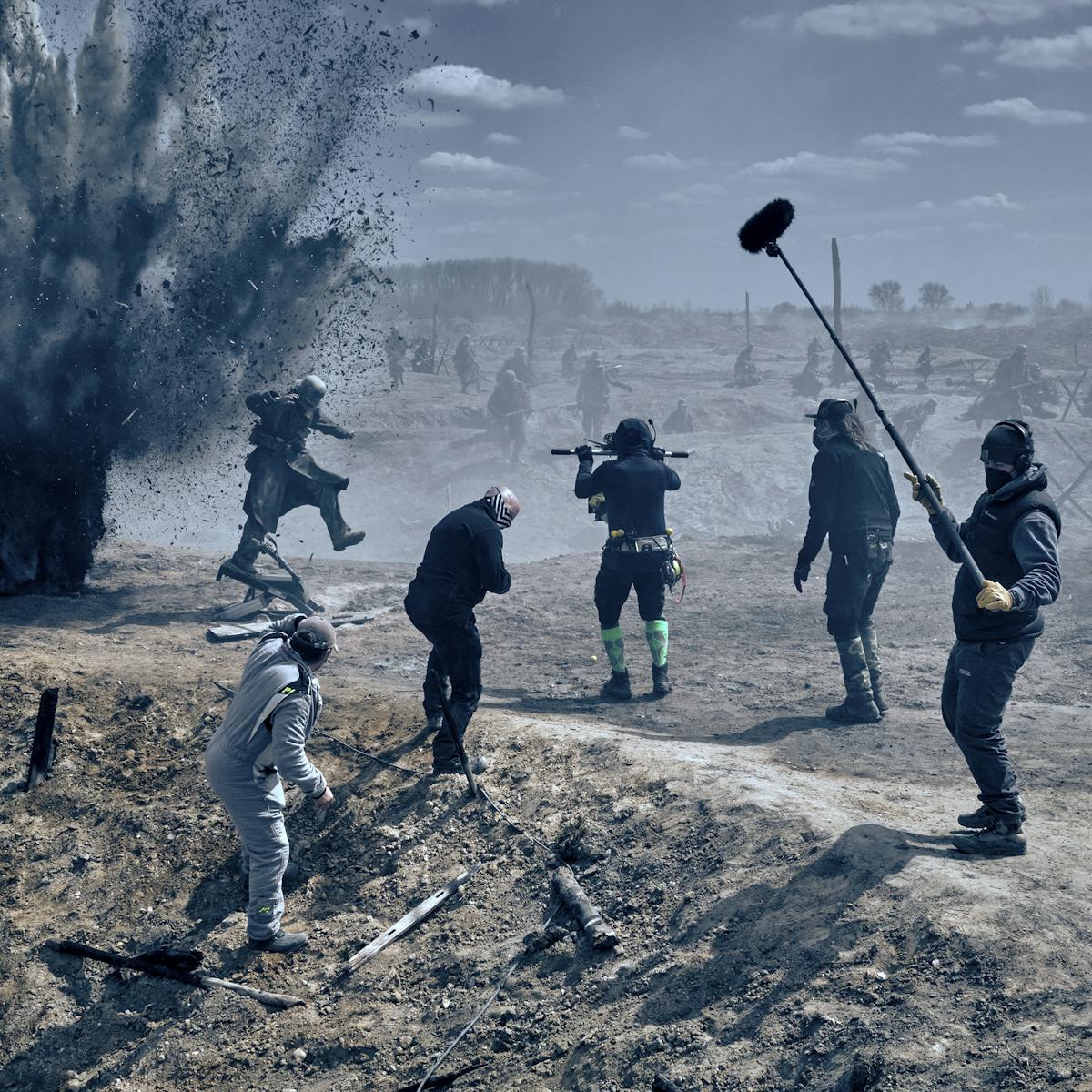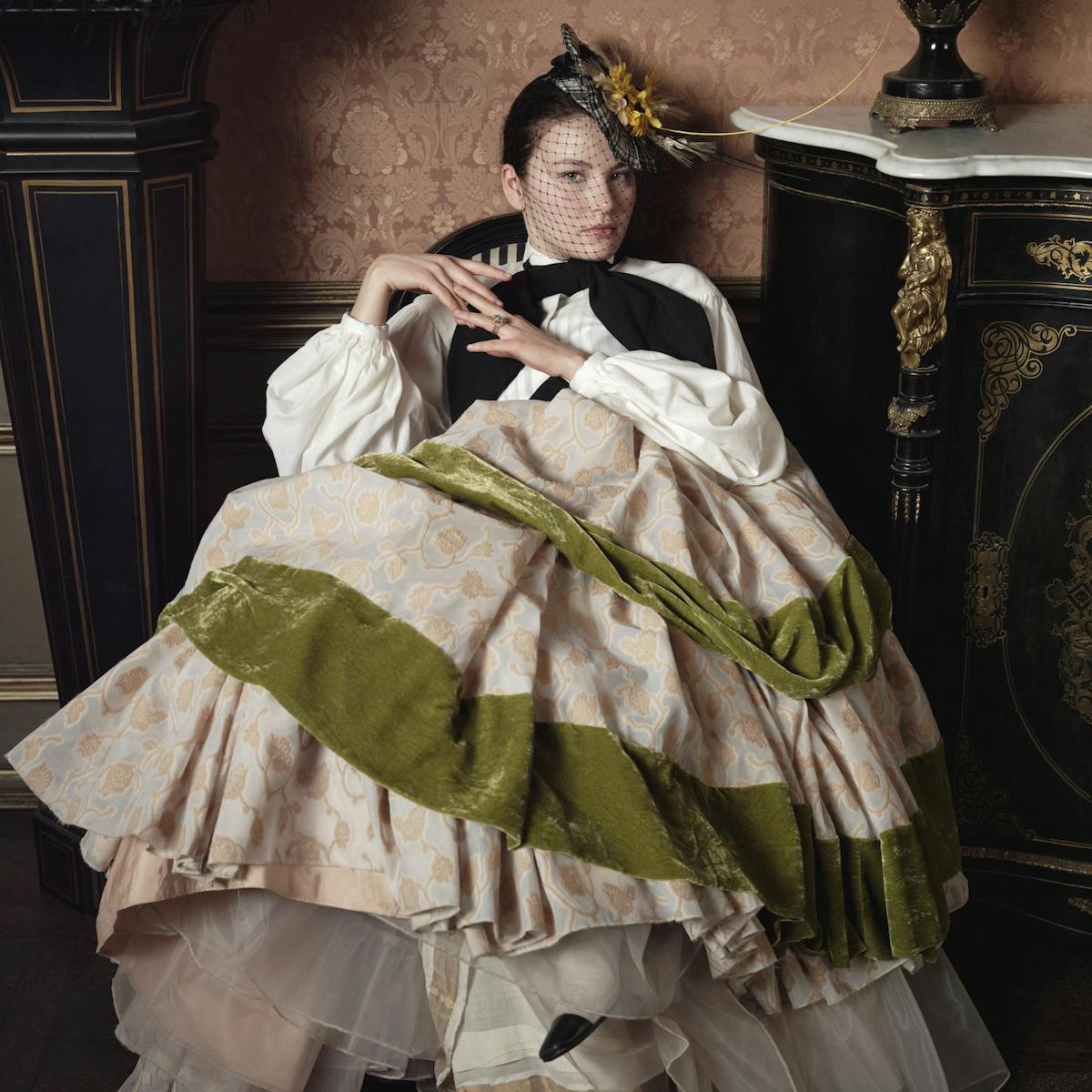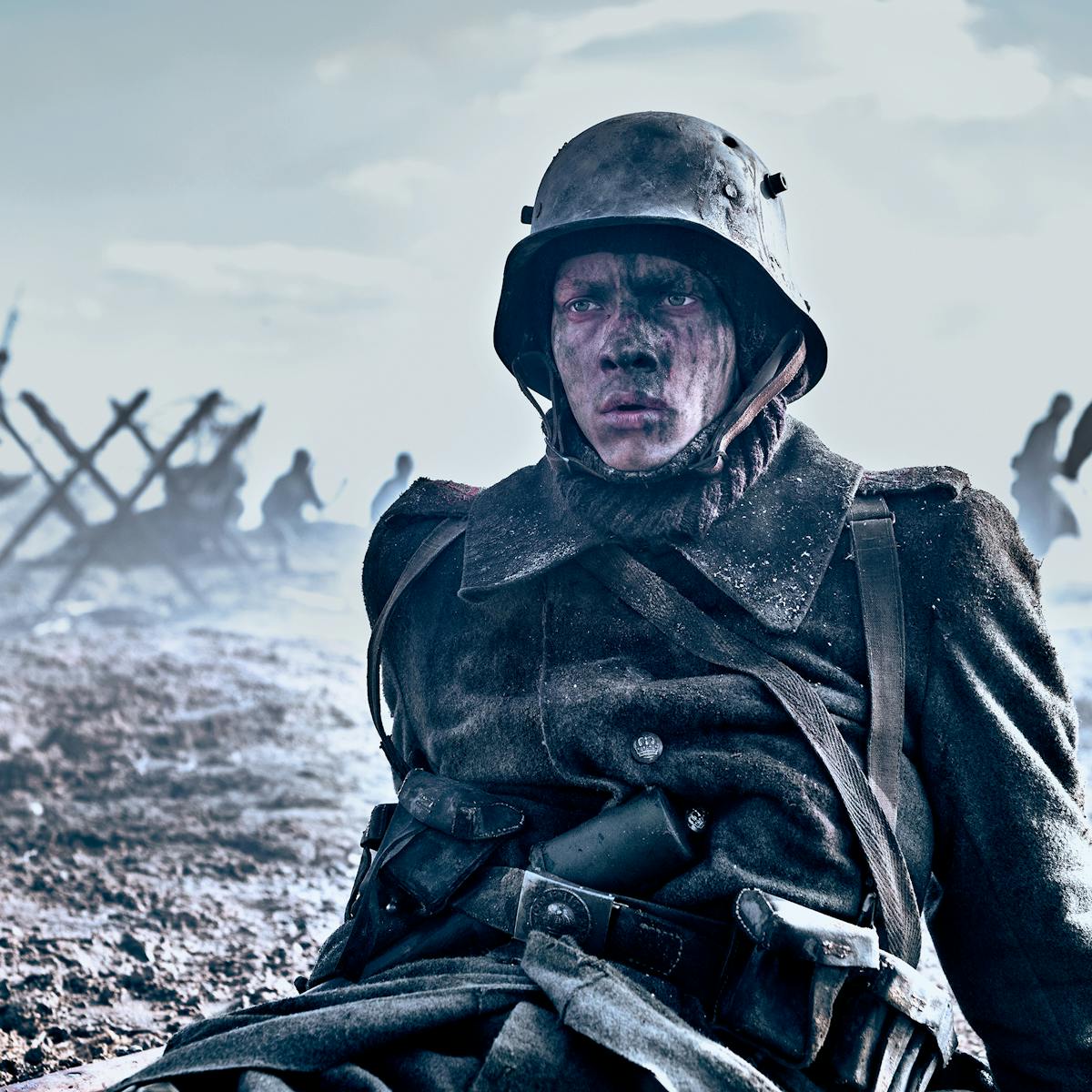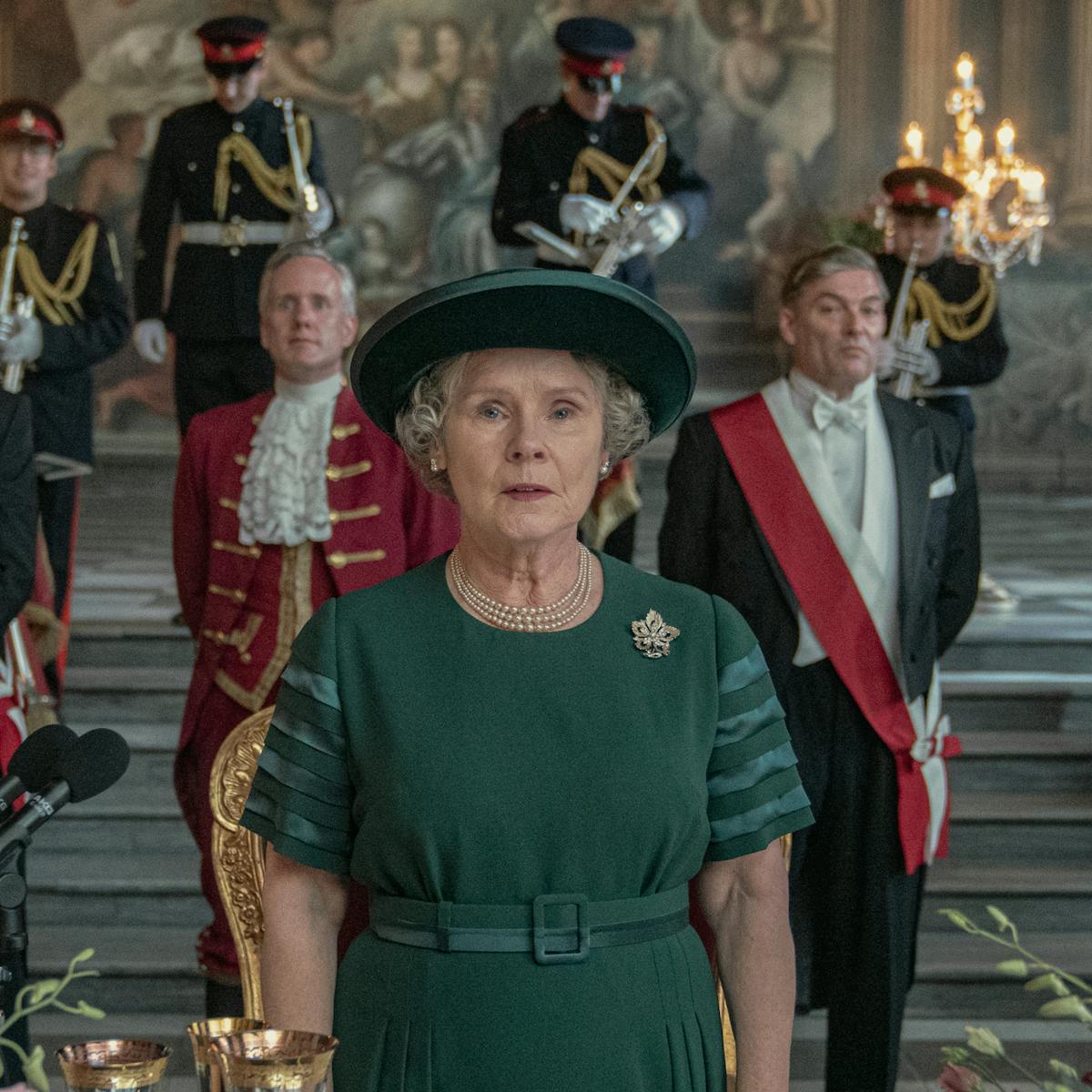The German showrunners discuss their latest drama series, 1899.
1899 is Jantje Friese and Baran bo Odar’s second Netflix series following Dark, and fans are being presented with another mystery to solve. The duo has been working on the drama sci-fi series for four years. In 1899, a ship of immigrants is sailing from Europe to New York. In the middle of the Atlantic Ocean, it suddenly begins receiving signals from a ship that was believed to be lost.
In an interview with Netflixwoche, the showrunners reveal how they managed to work with a variety of languages on set, and talk about whether they would ever write a comedy series.
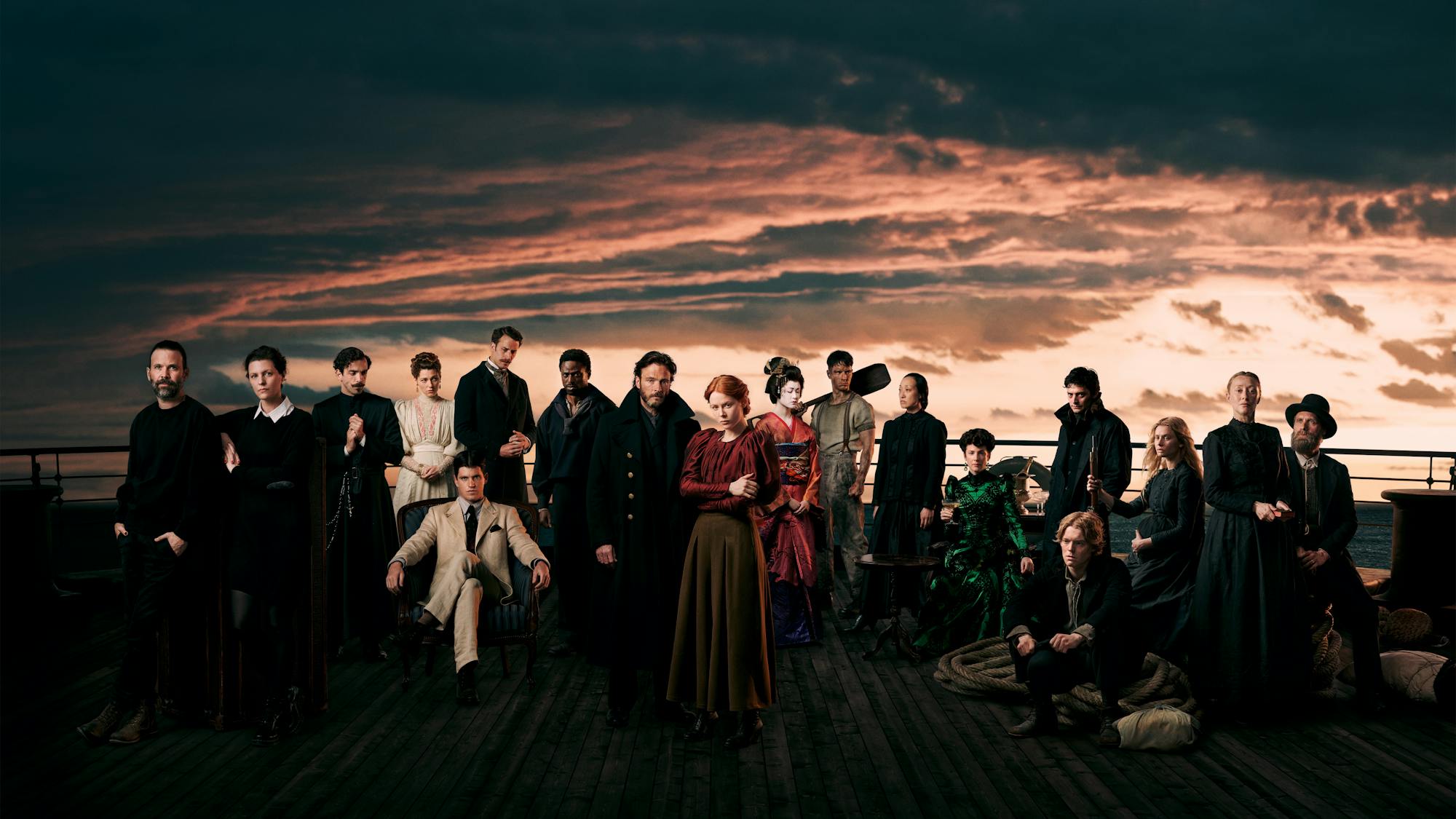
Baran bo Odar & Jantje Friese with their cast of 1899.
© Rasmus Voss
As in Dark, the characters’ dreams are a central plot element in 1899. What do you find fascinating about dreams?
Jantje Friese: I recently read something by Christopher Nolan that really struck a chord with me: The strange thing about dreams is that you are creating them and experiencing them at the same time. In your dreams, you have the feeling of being thrown into very strange scenarios, but in the end, it is you who is creating the show. We find this paradox exciting, unique, and absurd.
What was your favorite moment during filming?
Baran bo Odar: A particularly nice moment was on the very first day of shooting when we sat in the same room with the entire cast for the first reading. Bringing people from all over the world was complicated because of the COVID pandemic, but we managed to get everyone together. Just a short while before that, the future of the show had been hanging in the balance because of the pandemic. Seeing it all work out was a wonderful feeling. Because our thought was: This is the start of a journey. We are all together, we are all different and yet all the same.
The cast and the team behind 1899 are made up of many different nationalities. Why was that important to you?
JF: It was clear to us from the start: If we are telling a story with a European core like this, then we do not want to impose our own way of seeing things on it; we want to stay true to the cultures. Especially when we were developing the characters, authors from different countries gave us lots of details regarding the quirks of each country. We know this ourselves from American films . . .
Where they have a Nazi who speaks with such a comic country bumpkin accent that no German could take him seriously.
JF: Exactly. Or they have another type of German villain coming out with all kinds of weird phrases. We wanted to make sure that everyone felt that we had represented them properly.
BBO: It was also interesting to see that everyone got along well straight away and there were no barriers at all, despite the different cultures and languages. During the shooting itself, it was sometimes tricky. But there are a lot of scenes where the point is that they just do not understand each other.
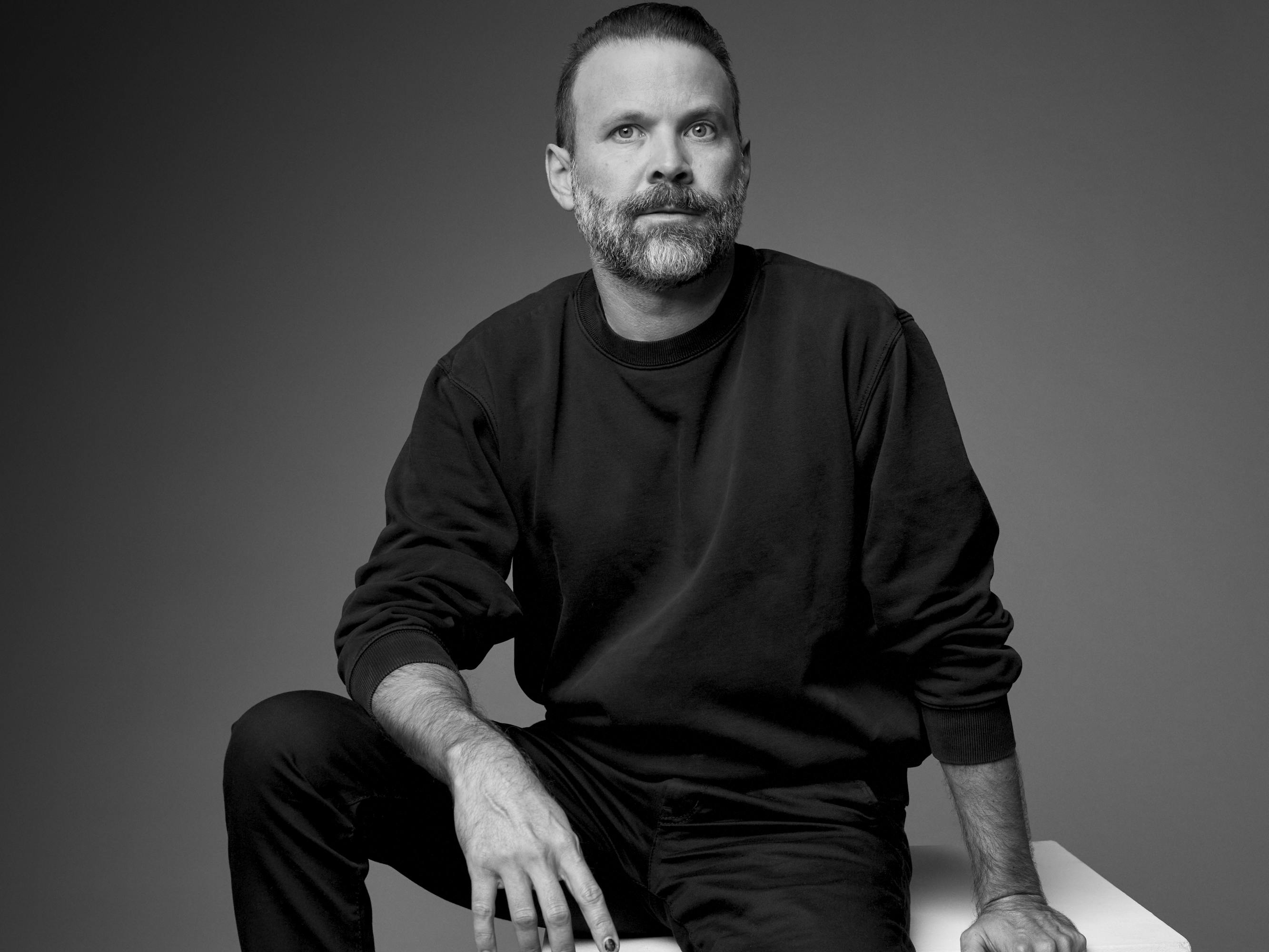
Baran bo Odar
How did you solve the language problems on set?
BBO: I had phonetic dialogues on paper to read along so I knew what was being said in Cantonese. But I stopped using those pretty quickly because I wanted to concentrate fully on the performance. I then started imagining the actors as musical instruments: The first violin is Cantonese; the second violin is French . . . That helped me to learn how the languages should sound.
In 1899 you are sticking with your tendency towards the darker side of life. How do you manage to still have some fun on set?
BBO: That is very simple: I clown around a lot. I make jokes all the time. Whether they are good or not, I have no idea. Probably not, but everyone laughs. But I’m also the director, so everyone has to laugh.
Joking aside, I always try to keep things light on set because it really is exhausting enough. Everyone puts in a lot of hours. And then there are also some scenes with some pretty bad things going on. That makes it even more important to keep remembering that this is not real. We are creating something that is only a depiction of reality. I think the German word schauspielern [ which translates to actors] is a nice word because it includes the word Spielen [which translates to play]. That is why I always say to the cast: “Don’t forget, we’re just playing around.”
What else did you learn from Dark that you applied to 1899?
JF: A lot of components. It was actually during Dark that we really learned what it means to be a showrunner and how to create a series. Our background is in the area of filmmaking and they are two very different narrative forms. Dark taught us everything from the beginning. I do not think we would have taken on a project like 1899 if we had not been through the journey with Dark first.
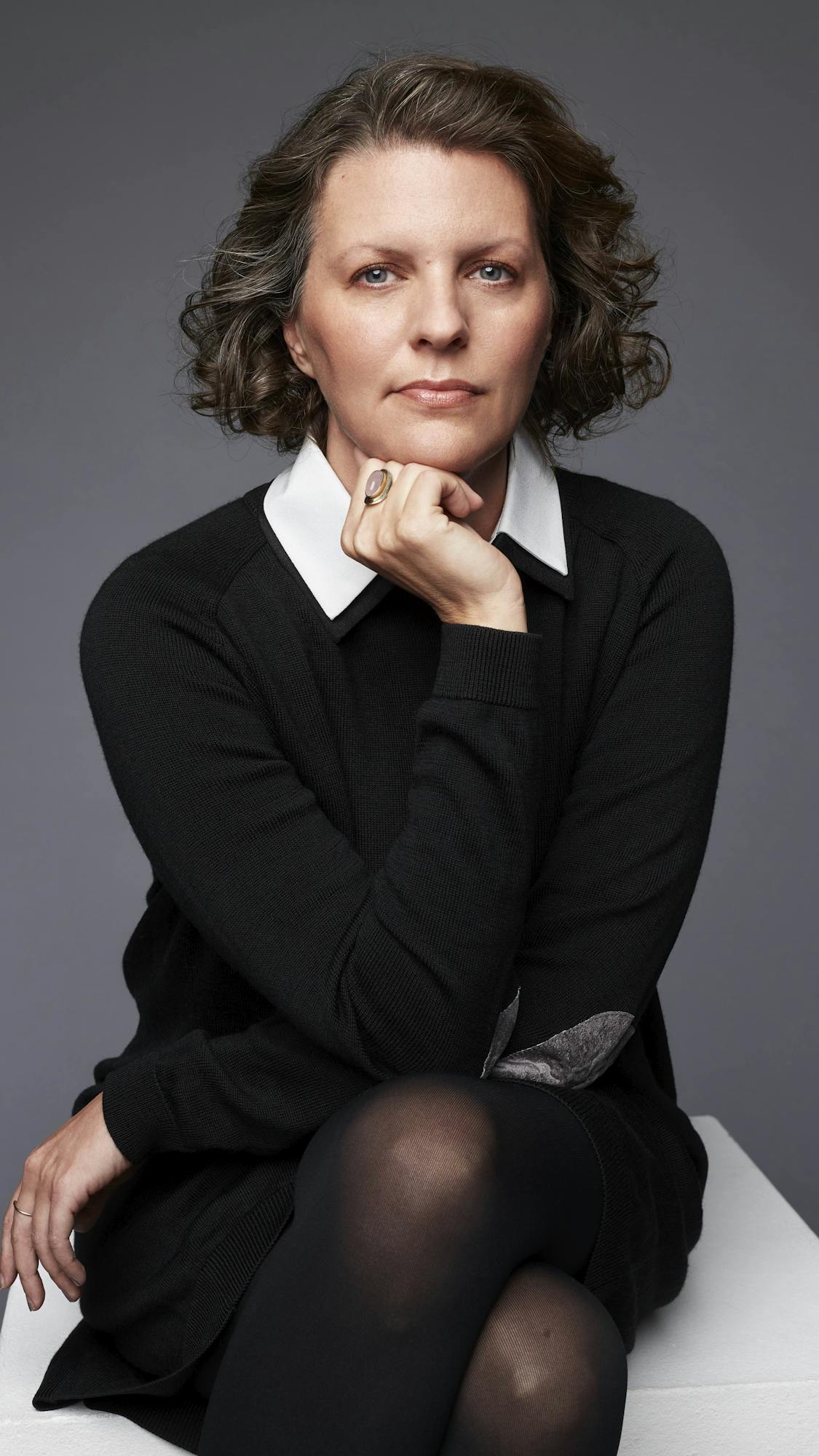
Jantje Friese
You are a couple, too. What is the best thing about working together?
BBO: The best part is that you cannot fool yourself. When it comes to filmmaking in particular, it is often the case that sometimes there is something really specific that you want to do, like being in a helicopter or putting in an entire two-page poem. And because we know each other so well, we are incredibly good at saying to each other: “Hey, I think you just want to be in a helicopter for the scene, and the poem is beautiful, but two pages will be boring for the audience.” We are always honest with each other, which is something you can only achieve in a partnership like this.
It also sounds a bit tiring.
Bo: Yes. There are a lot of obstacles involved because you cannot just switch off. We talk about our work all the time. But we have been doing it for almost 20 years now, so we might be able to manage the same again.
What is next? Do you see yourself doing a comedy series someday?
Jantje: I would say no to that. But I think that Bo would like to do that, right?
Bo: I like shows like Norsemen, with really black humour. I always crack a lot of jokes on set, which is something I like to do. But I think that we definitely have a natural tendency towards dark sci-fi drama.
